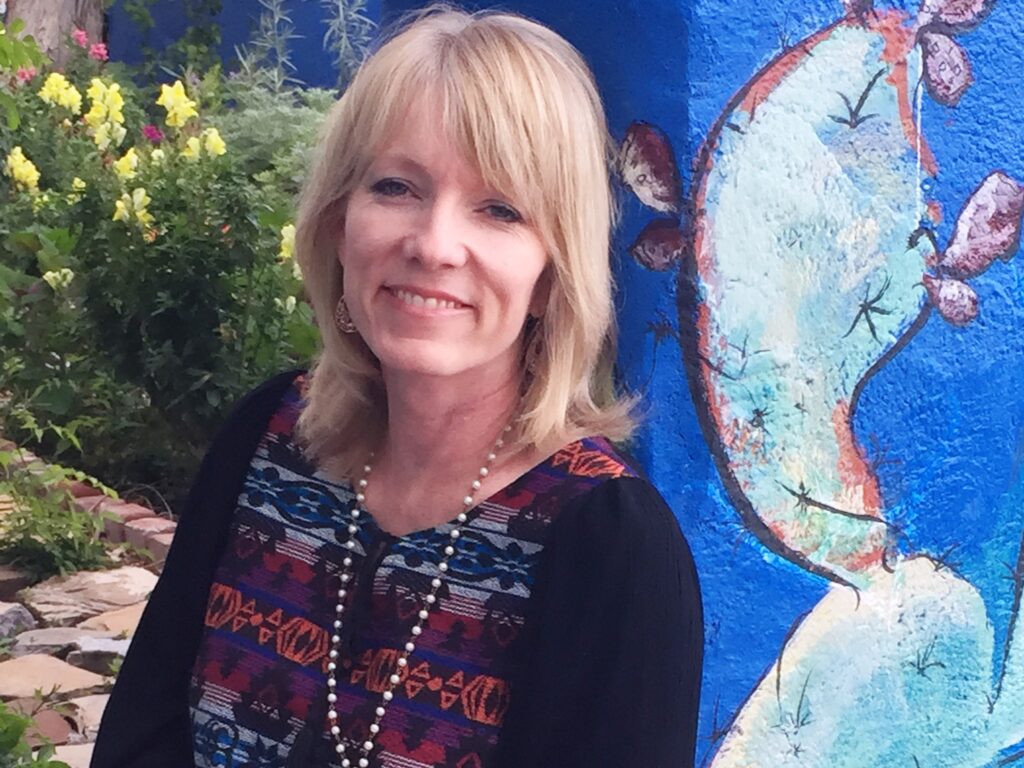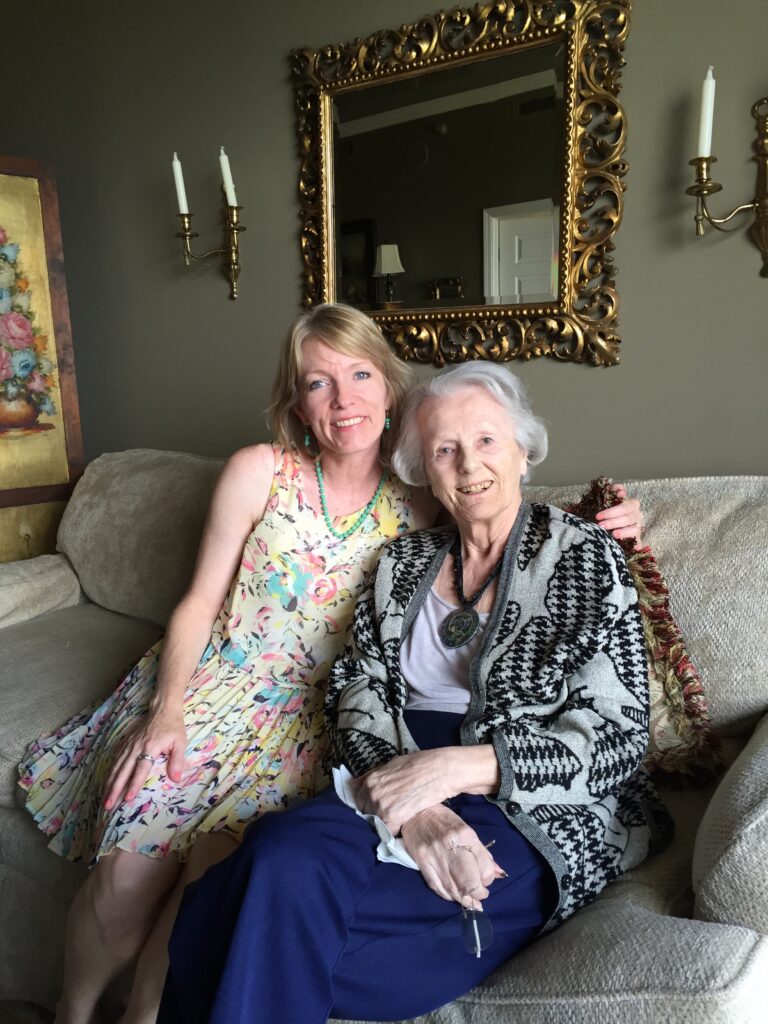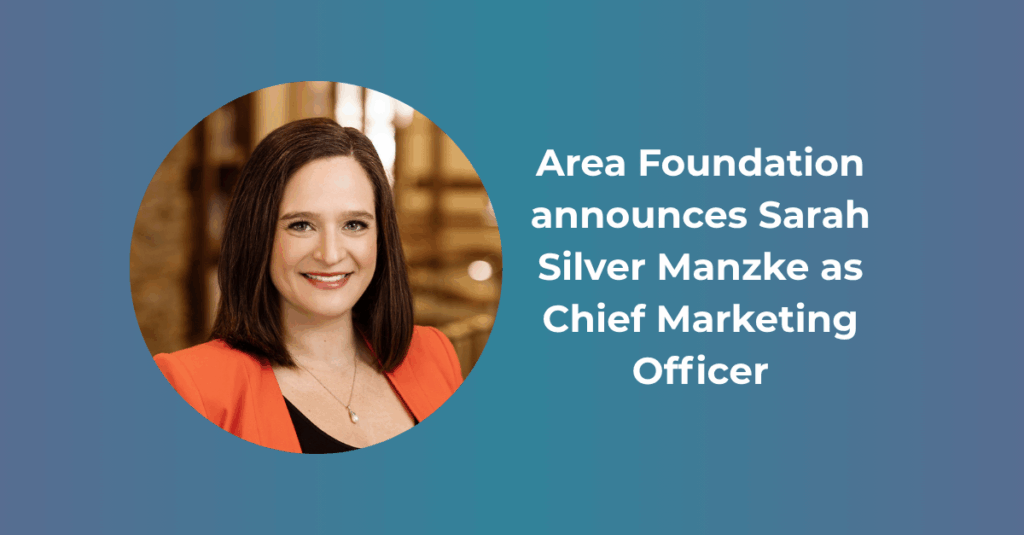Have you heard of Ageism Awareness Day?
The American Society on Aging, along with Reframing Aging supporters celebrates this day (observed Oct. 7) to bring attention and awareness to the impact ageism has on all of us.

With 10,000 people turning 65 daily across the country, the need to encourage healthy and productive aging for all throughout the life course has been top of mind for coalitions such as Successfully Aging and Living in San Antonio (SALSA) and its Reframing Aging initiative.
Reframing Aging is a long-term, social change endeavor created to improve the public’s understanding of what aging means and the many contributions older persons bring to our society.
Reframing Aging experts in various parts of the U.S. received training by The Frameworks Institute, a social science research company that studies aging which conducted 12,000 interviews and surveys in order to create evidence-based content geared to increase support for policies and programs for older persons and decrease ageist attitudes.
According to the World Health Organization, ageism refers to stereotypes (how we think), prejudice (how we feel) and discrimination (how we act) toward others or oneself based upon age.

Frameworks Institute found that ageism is not always considered a “problem” by society. For example, some may assume enforcement of the Age Discrimination and Employment Act that prohibits workplace discrimination should handle this issue.
In 2018, the American Association of Retired Persons (AARP) conducted a workplace survey which found nearly 67 percent of people 45 and older have seen or experienced age discrimination on the job and 61 percent of those reported age bias.

It’s not unusual for Reframing Aging initiative members to hear stories of age discrimination at work and within our healthcare systems.
What personal action can you take to improve aging outcomes for yourself and others? Becca Levy, author of Breaking the Age Code, found that adopting positive age beliefs led to 7.5 years of a healthier and longer lifespan.
To address internalized ageism, one might think before using common sayings such as, “having a senior moment” or someone is “too old to try that.” Also, one could refrain from giving birthday cards that make fun of older people.
Something else we can do is take is to take a look at ourselves to learn about our implicit bias by voluntarily taking the Implicit Association Test developed by Harvard University. Another proactive step would be to engage SALSA for a free Reframing Aging presentation.
Jill Piazzi is an Aging Life Care Manager (ALCM) and National Reframing Aging Facilitator, as well as a member of SALSA.


Our hearts are with the Kerrville community following the devastating flooding.
Please consider making a donation to help our neighbors rebuild by clicking here.